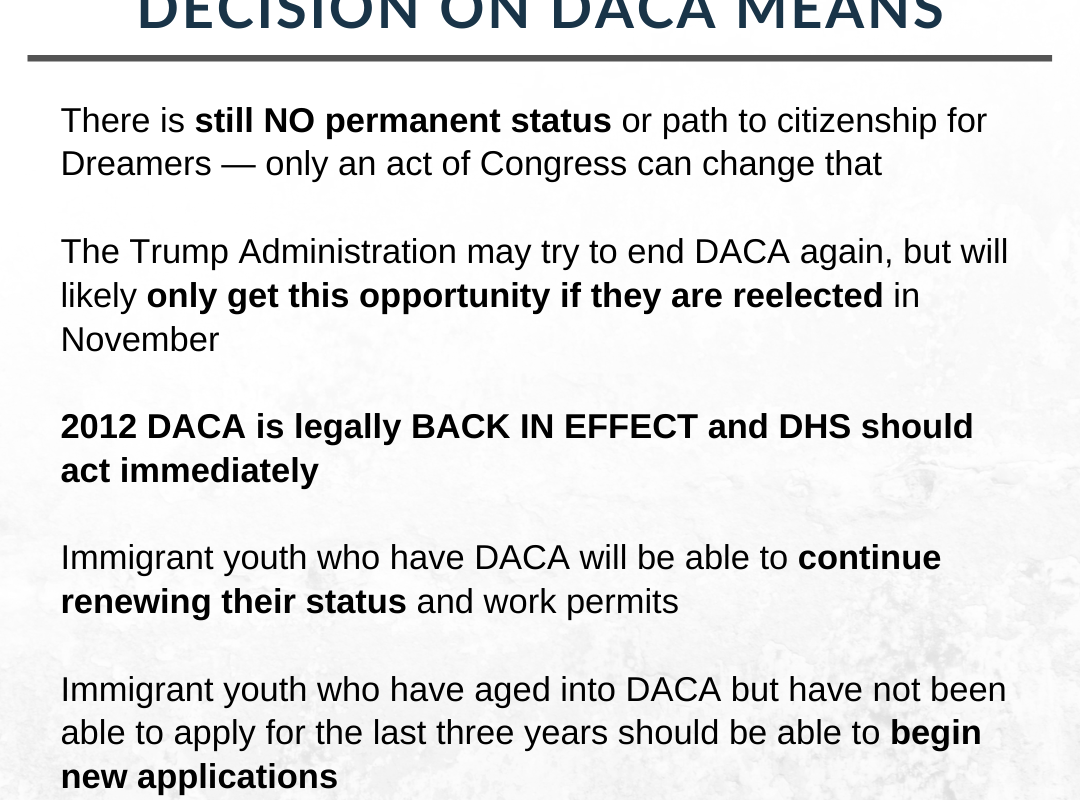
This cookie is set by GDPR Cookie Consent plugin. These cookies ensure basic functionalities and security features of the website, anonymously. Necessary cookies are absolutely essential for the website to function properly. There are two exceptions: ・ァInternal training within the buyer窶冱 company for up to 10 people ・ァUse of brief quotations in a blog or book review. This Toolkit or any portion thereof may not be reproduced or used in any manner whatsoever without the express written permission of the publisher. From this perspective, people do not just live within a culture but use elements of that culture to inform their behavior and decision-making.Ĭan You reproduce the culture assessment toolkit without permission? This contemporary notion of culture as something to be used and drawn upon comes from sociologist Ann Swidler (1986). What does Ann Swidler mean by culture as a tool kit?Ĭulture as “Tool Kit”. They must focus on: ・ァ Inspiring people ・ァ Generating passion for work ・ァ Removing bureaucracy, random prioritization] Getting Started Culture Assessment Toolkit Today窶冱 leaders must change how they lead in this era. What should be included in a culture assessment toolkit? From this perspective, people do not just live within a culture but use elements of that culture to inform their behavior and decision-making. The practice is as old as history.Ĭulture as “Tool Kit” This contemporary notion of culture as something to be used and drawn upon comes from sociologist Ann Swidler (1986). What is cultural resistance?Ĭultural resistance is the practice of using meanings and symbols, that is, culture, to contest and combat a dominant power, often constructing a different vision of the world in the process. There are degrees of visibility of cultural behaviour, ranging from the regularised activities of persons to their internal reasons for so doing.ĭefinition material and symbolic tools that accumulate through time and are passed on through social processes and provide resources for the developing childĭefinition cultural tools such as abstract knowledge, beliefs, and valuesĬultural tools include both technical tools such as books, media, computers, and social software, and psychological tools such as language, signs, writing, and symbols.

Culture is the shared ways of doing and thinking. What is abstract culture?Ĭulture is Abstract: Culture exists in the minds or habits of the members of society. While definitions of culture vary (Lareau and Conley 2008), I treat culture as a “tool-kit” comprised of “strategies of action” (e.g., skills and habits- see Swidler 1986:273).Īnn Swidler (1986) defines cultural repertoires as �a set of knowledge, skills, and symbols, which provide the materials from which individuals and groups construct strategies of action� (:280-284). Swidler defines a cultural toolkit as the symbols, stories, rituals, beliefs, ideologies and practices of daily life through which people use to shape their behavior.Ĭulture is a key source of inequality.

It is also the rules, norms, laws, and morals that govern society the words we use as well as how we speak and write them (what sociologists call " discourse") and the symbols we use to express meaning, ideas, and concepts (like traffic signs and emojis, for example).

Expanding on these categories, culture is made up of our knowledge, common sense, assumptions, and expectations.

In brief, sociologists define the non-material aspects of culture as the values and beliefs, language, communication, and practices that are shared in common by a group of people.


 0 kommentar(er)
0 kommentar(er)
